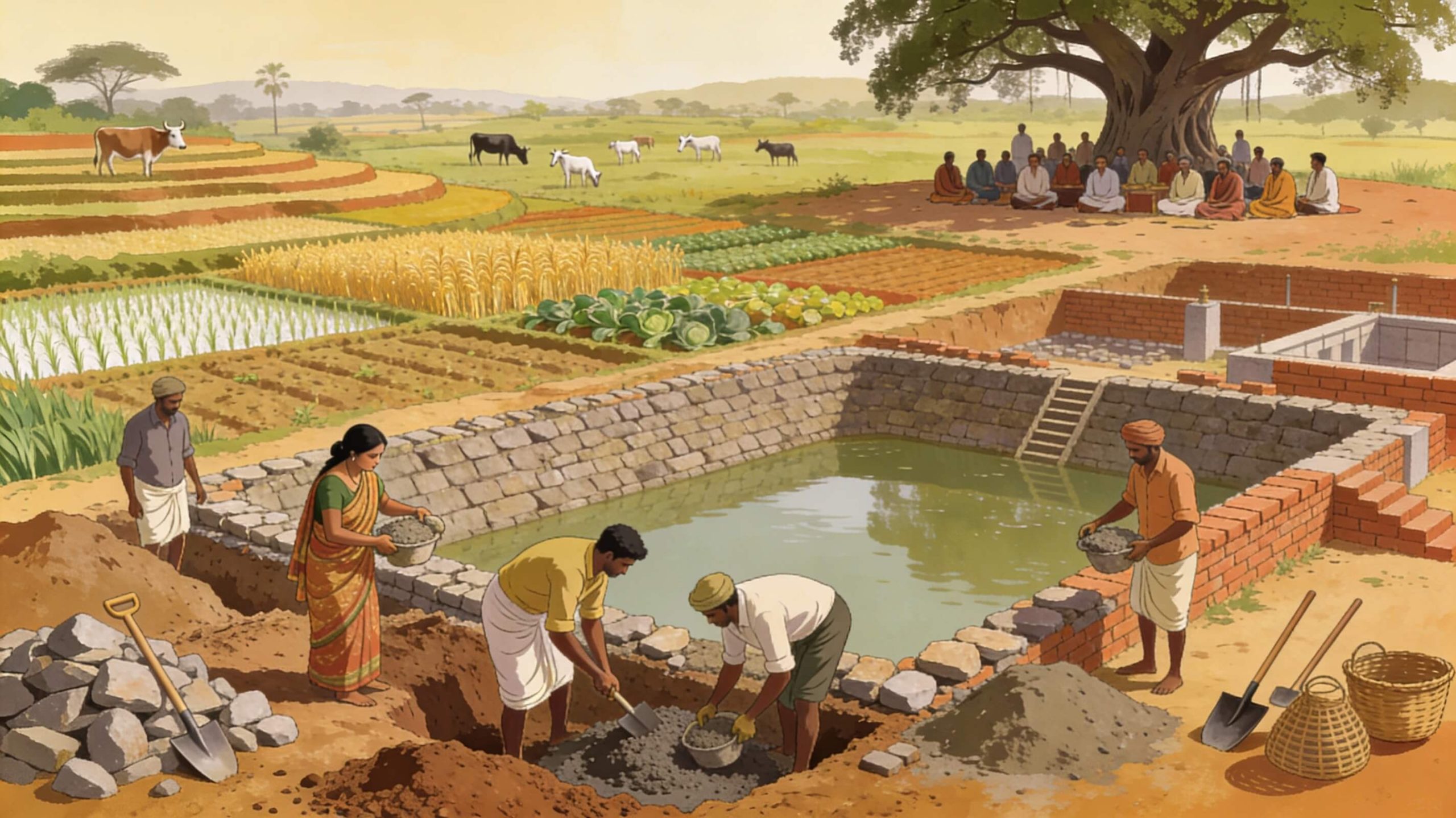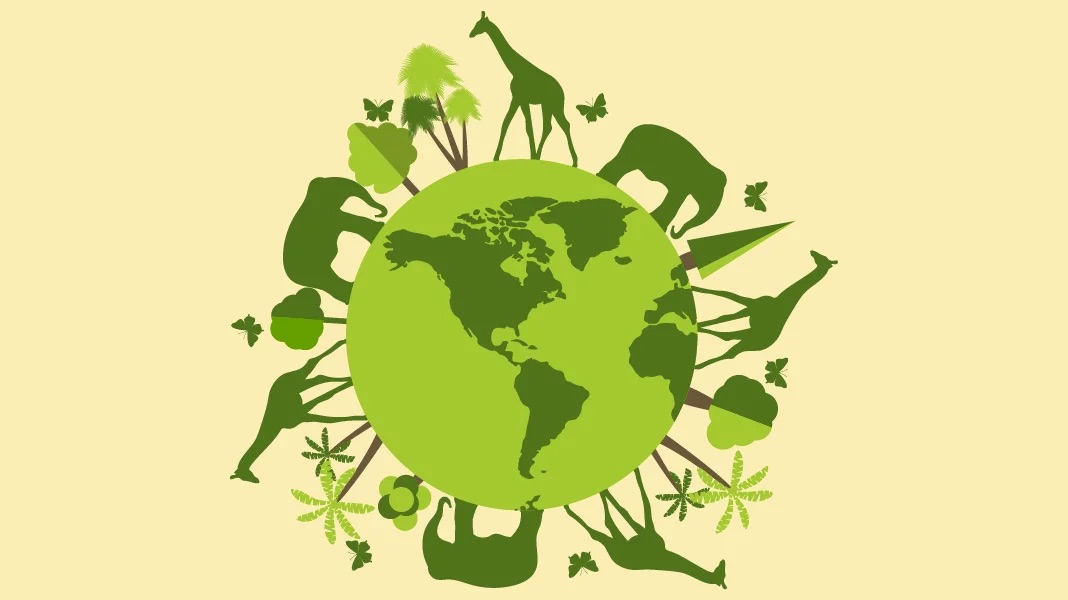On June 26, 2025, the Samyukt Kisan Morcha (SKM), a coalition of around 500 farmers’ groups, called on Prime Minister Narendra Modi to halt trade agreements with the United States and the United Kingdom. They argue that these agreements could harm Indian agriculture and industries. The SKM highlighted that these trade deals, especially the India-UK free trade agreement and the proposed bilateral agreement with the US, are being negotiated without transparency. They fear that these could threaten the livelihoods of millions who depend on agriculture, dairying, fishing, and horticulture.
The farmers’ coalition is particularly concerned about the proposed tariffs from the US, which could adversely affect small and medium enterprises (MSMEs) across various sectors. Farmers in states like Kerala, Karnataka, and Tamil Nadu have already faced hardships due to previous trade agreements that allowed cheap imports to flood local markets. The SKM claims that these deals could lead to further income loss for farmers who are already struggling.
Senior leaders of the SKM, like Shivakumar Kakka, have vowed to unite with other groups to oppose these trade agreements. They believe that countries such as Canada and Mexico have successfully pushed back against US tariffs, while India appears to be yielding to external pressures. The SKM argues that the Modi government is prioritising international trade deals over the welfare of Indian farmers.
Concerns over food safety and agricultural standards are also significant. Discussions around US agricultural practices, including the use of growth hormones and antibiotics in livestock, raise alarm among UK consumers who value high food safety standards. A trade deal could jeopardise these standards, allowing lower-quality imports into the UK and affecting local farmers.
Trade agreements are often complex and involve negotiations that can take years. However, the SKM urges the government to allow public discussions about these agreements before they are finalised. They want the draft proposals to be debated in Parliament, ensuring that farmers’ voices are heard.
The farmers’ organisations argue that the government must consider the long-term impacts of these deals on national interests and food security. They fear that signing these agreements could lead to a ‘race to the bottom’, where lower standards become the norm, harming both consumers and producers.
In conclusion, farmers across India are rallying together to protect their livelihoods and the country’s agricultural integrity. They are calling on the government to reconsider these trade agreements and to engage in meaningful dialogue with all stakeholders, including farmers and local industries, before making decisions that could have lasting impacts on the nation’s agricultural landscape.




